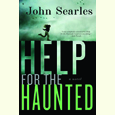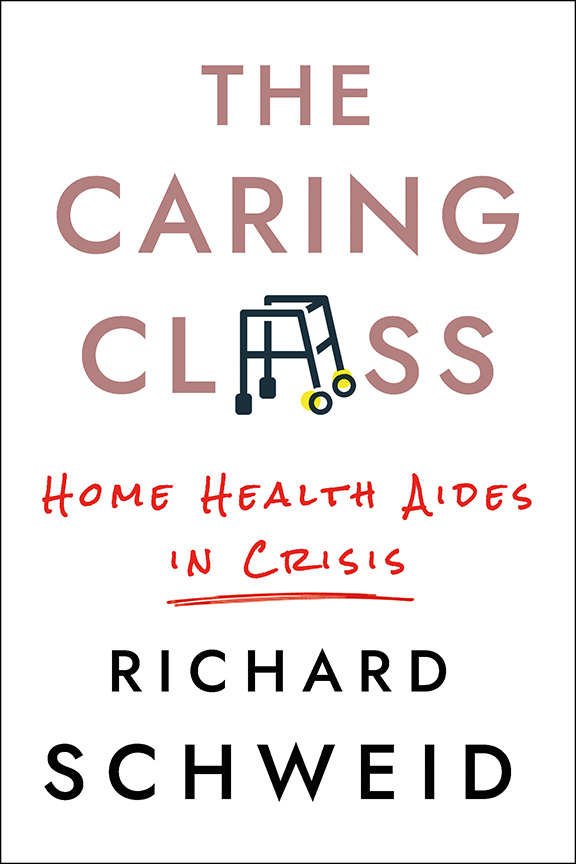Still So Far from Safe
A transgender teen struggles to survive high school in Meredith Russo’s If I Was Your Girl
The plot of Meredith Russo’s powerful debut YA novel, If I Was Your Girl, features a standard coming-of-age plotline, with the usual parental conflicts, drug use, burgeoning sexual attraction, risk-taking, peer pressure, and betrayal. It’s all very recognizable. But If I Was Your Girl is extraordinary because of its point of view: that of an emotionally fragile transgender teen struggling to make sense of and (literally) survive the ruthless world of high school. Readers will experience this familiar world anew, and it’s enough to break your heart.
 When eighteen-year-old Amanda Hardy leaves her mother and their home near Atlanta to move in with her estranged father a few hours north, she hopes for a new start and a safe place to finish high school. She has already survived a suicide attempt, taken a gap year, and made her physical transition from the boy born to her parents—Andrew—to the “truest version” of herself, but she fears she will never be completely free of her past: “It [is] always going to be there, waiting to suck me in and crush me like a black hole,” she thinks. “The only way to escape it [is] to keep moving.”
When eighteen-year-old Amanda Hardy leaves her mother and their home near Atlanta to move in with her estranged father a few hours north, she hopes for a new start and a safe place to finish high school. She has already survived a suicide attempt, taken a gap year, and made her physical transition from the boy born to her parents—Andrew—to the “truest version” of herself, but she fears she will never be completely free of her past: “It [is] always going to be there, waiting to suck me in and crush me like a black hole,” she thinks. “The only way to escape it [is] to keep moving.”
Despite therapy, hormone treatment, antidepressant and anti-anxiety medications, and successful sexual-reassignment surgery, Amanda is well aware that her happiness as a woman is not guaranteed. “If I’d had the strength to be normal,” she thinks at a particularly low point, “or at least the strength to die, then everyone would have been happy.”
Russo depicts Amanda’s tragic vulnerability through a series of flashbacks told from Andrew’s point of view. Unathletic, highly sensitive, and the target of every bully in school, Andrew finally tries to end his life, in part to avoid the onset of puberty and its inevitable physical changes. In the hospital following his suicide attempt, Andrew tells his distraught mother the truth. “Listen to me,” she responds. “Anything, anyone, is better than a dead son.” As his parents struggle to understand a life experience so different from their own, Andrew finds a welcoming community of insiders in the support group his therapist recommends. There he is told, “Whatever you’re hiding, in this place, what we see is what you know you are inside.”
In the novel’s present-day narrative, Amanda makes an uneasy peace with her father, begins the school year, and tentatively accepts the friendly overtures of her new peer group. Her beauty attracts the attention of football players Grant and Parker, though Parker’s attention carries a sinister tone. Amanda is soon drawn into a complicated web of female relationships, as well: edgy artist Bee, sweetly innocent Anna, no-nonsense Layla, and sexually confused Chloe. Navigating the rampaging currents of high school as a female proves more difficult than Amanda expected, and yet she revels in the delights of first love and female friendship.
The autobiographical elements of If I Was Your Girl pack a powerful punch. It’s the subtle details that make Russo’s story ring true: Amanda has trouble mastering the feminine arts, from applying makeup to buttoning a shirt from the opposite side to realizing she needs a sports bra for gym class. And she is unused to the scrutiny she receives from the opposite sex, even adult men at a high-school football game: “Too many dads seemed interested in us as we passed, and for just a moment I missed the near-invisibility of life as a boy,” she thinks. In the book’s acknowledgements Russo poignantly writes: “For my brothers and sisters and those in between, for surviving out there every day and being beautiful inside and out in a world that’s still so far from safe.”
To invite the empathy of non-transgender readers, Russo explains in an author’s note, she has presented Amanda in the least controversial guise possible—as an attractive, feminine, heterosexual woman who has had a successful surgery at a young age. But she urges readers not to assume that Amanda represents the only expression of life as transgender. Directly addressing trans readers, she writes, “It’s okay if you’re different from Amanda. She isn’t real, and you are. … There is no wrong way to express and embody your most authentic self! You are beautiful, and you deserve to have your body and identity and agency respected.”

A graduate of Auburn University, Tina Chambers has worked as a technical editor at an engineering firm and as an editorial assistant at Peachtree Publishers, where she worked on books by Erskine Caldwell, Will Campbell, and Ferrol Sams, to name a few. She lives in Chattanooga.


